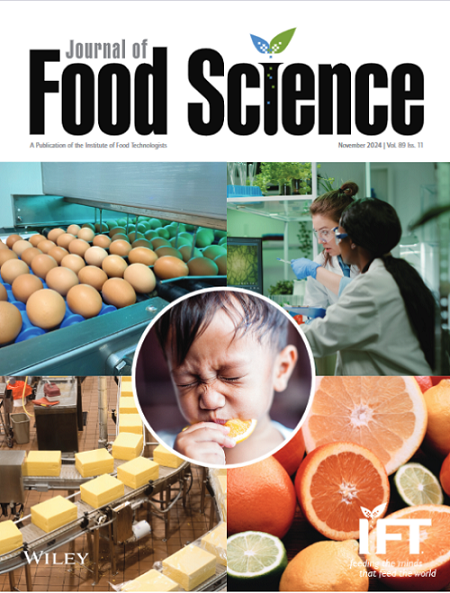Accumulating evidence suggests that specific probiotic strains exert effects on hemolytic jaundice (HJ), and probiotic strains of Lactobacillus rhamnosus exhibit potential beneficial effects against HJ. This study aimed to determine the effects of L. rhamnosus MP108 (MP108) on rats with acetylphenylhydrazine (APH)-induced HJ. One week of oral MP108 administration (16 × 109 CFU/kg·day) significantly reversed the HJ-induced body-weight reduction and normalized serum levels of serum alanine aminotransferase (ALT), aspartate aminotransferase (AST), total bilirubin (TBIL), total superoxide dismutase (T-SOD), glutathione peroxidase (GSH-PX), hydrogen peroxide (H2O2), and superoxide anion (O2−) in HJ rats. Furthermore, significant improvements were observed in the pathological changes of liver and intestinal tissues. 16S rRNA high-throughput sequencing of fecal samples demonstrated that MP108 altered gut microbiota composition by increasing Lacticaseibacillus spp. abundance, which correlated with the serum levels of ALT, AST, TBIL, T-SOD, GSH-PX, H2O2, and O2−. In summary, these results provide evidence that MP108 has the potential to improve HJ symptoms by alleviating hepatic impairment, which is associated with changes in gut microbiota composition.
The study indicates that MP108 can modulate the gut microbiota, improve liver function, and thereby alleviate the symptoms of hemolytic jaundice (HJ). These findings suggest a promising therapeutic approach for HJ, offering potential benefits to patients with related conditions.


